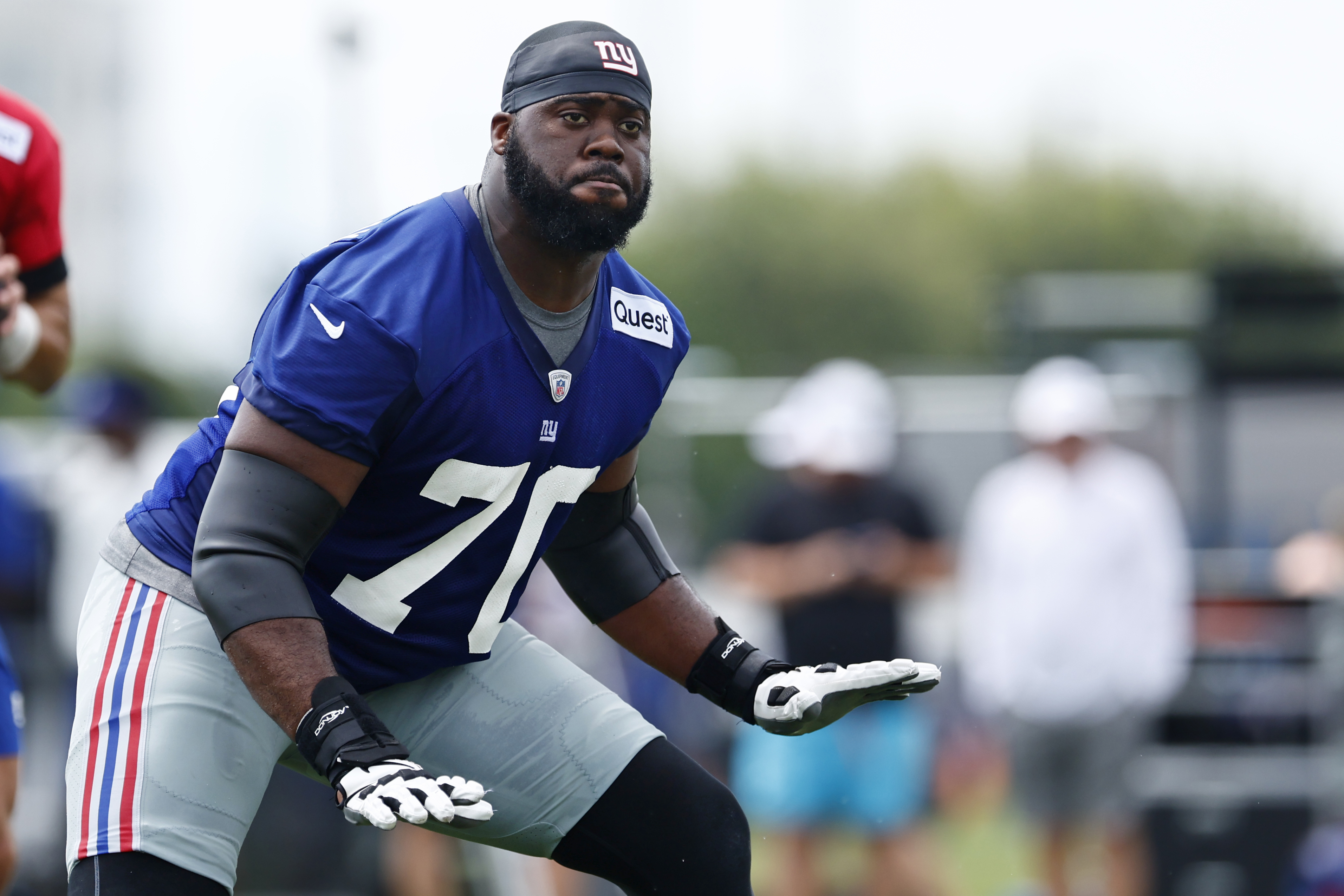The head of the National Republican Senatorial Committee has approached former New York Gov. George Pataki about running for the U.S. Senate in 2010, according to a person who spoke to Pataki about the private meeting.
The person confirmed Tuesday's meeting in New York City between Pataki and Sen. John Cornyn, a Texas Republican who heads the committee. The person spoke on the condition of anonymity because he wasn't authorized to comment.
Pataki, now in private law practice, had not accepted or rejected the idea, the person said. He would face Democratic Sen. Kirsten Gillibrand, who was appointed on Jan. 23 to succeed Hillary Rodham Clinton when Clinton became President Barack Obama's secretary of state.
Pataki didn't immediately respond to a request for comment at his law office.
Cornyn's office referred questions to the committee, which said the Texas senator was speaking with ``top Republicans in states with potentially competitive seats.''
"Frankly, it would be a surprise if he was not doing that because that's a key part of the job and one he takes seriously," said Brian Walsh, communications director for the committee and a former top Senate aide to Cornyn.
Gillibrand was appointed by Democratic Gov. David Paterson after a selection process criticized for its secretive nature. His administration's response to a request by The Associated Press made under New York's Freedom of Information Law said his search for a senator included no written list of candidates seeking the job.
Local
It also denied the release of the candidates' responses to questions, saying it was to protect the privacy and safety of the candidates.
Blair Horner of the New York Public Interest Research Group said the lack of a written list was ``mind boggling.''
"It was pretty clear from the beginning that the governor wanted to avoid FOIL, so they would do everything they could not to leave a paper trail,'" he said.
Robert Freeman, executive director of the state Committee on Open Government, said the administration wasn't required to create records after the fact.
Throughout the process begun in December, Paterson refused to identify anyone who expressed interest in the Senate seat. Paterson said he wanted the appointment kept confidential and wouldn't even say how many applied.
In the closing days of his process, he estimated the field at various times to be a dozen or more than 20 candidates.
The candidates who publicly identified themselves included Caroline Kennedy, Gillibrand, several other members of Congress and Nassau County Executive Tom Suozzi. None would release the questionnaire seeking background information such as family status, investments, any criminal record as well as education and career data.
Gillibrand posted her complete questionnaire on her Web site after she was selected but blacked out some information.
Paterson also had refused to release the blank form of the questionnaire, despite criticism from Freeman that the blank form and some of the responses should have been made public.
In the administration's response received this week, the blank questionnaire was released but responses by candidates were withheld under a provision of the law that protects a person's privacy or safety.
The AP was appealing the administration's response.
Paterson's press officers did not respond on Wednesday and Thursday to questions about the administration's response.



